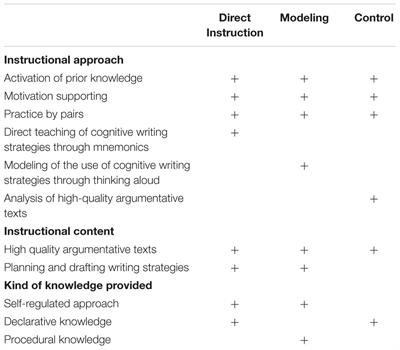REVIEW
Published on 22 Jan 2018
The Relationship between Teacher Support and Students' Academic Emotions: A Meta-Analysis
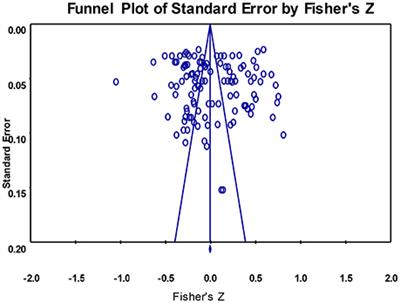
doi 10.3389/fpsyg.2017.02288
- 92,278 views
- 210 citations
185k
Total downloads
1.27m
Total views and downloads
You will be redirected to our submission process.
REVIEW
Published on 22 Jan 2018

ORIGINAL RESEARCH
Published on 15 Jan 2018

ORIGINAL RESEARCH
Published on 11 Oct 2017

ORIGINAL RESEARCH
Published on 21 Sep 2017
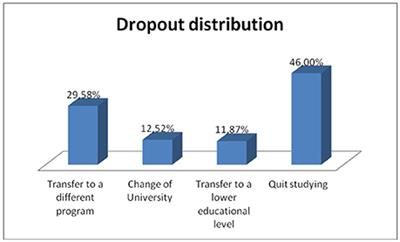
ORIGINAL RESEARCH
Published on 11 Sep 2017

ORIGINAL RESEARCH
Published on 24 Aug 2017
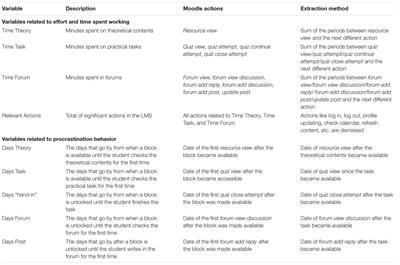
CORRECTION
Published on 02 Aug 2017
ORIGINAL RESEARCH
Published on 27 Jul 2017
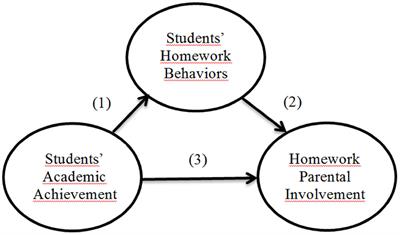
ORIGINAL RESEARCH
Published on 20 Jul 2017
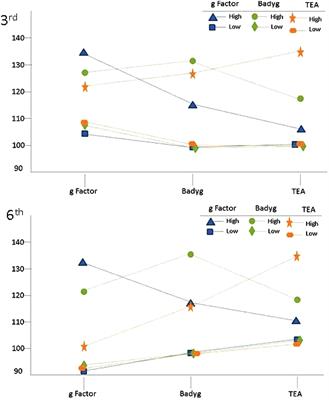
CORRECTION
Published on 19 Jul 2017
ORIGINAL RESEARCH
Published on 04 Jul 2017
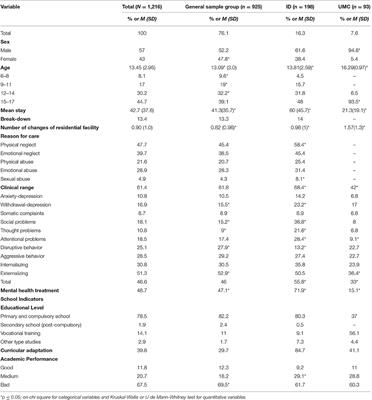
ORIGINAL RESEARCH
Published on 30 Jun 2017
